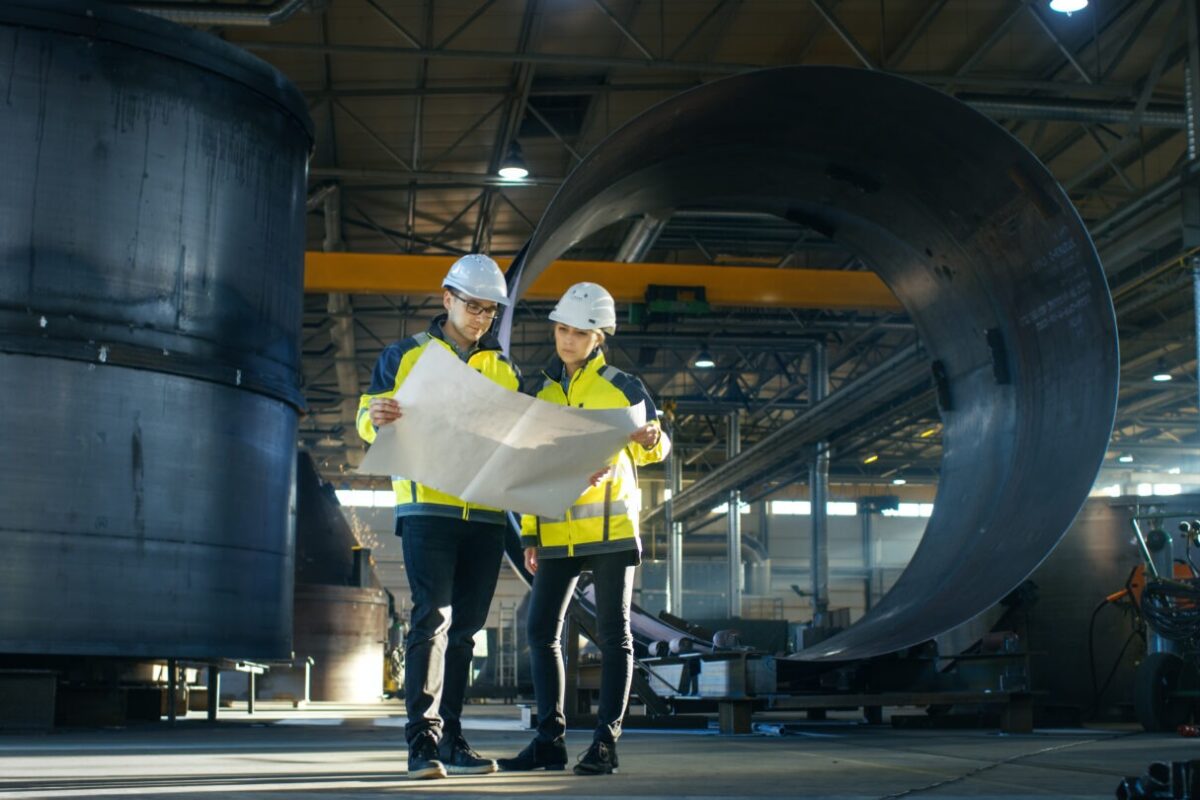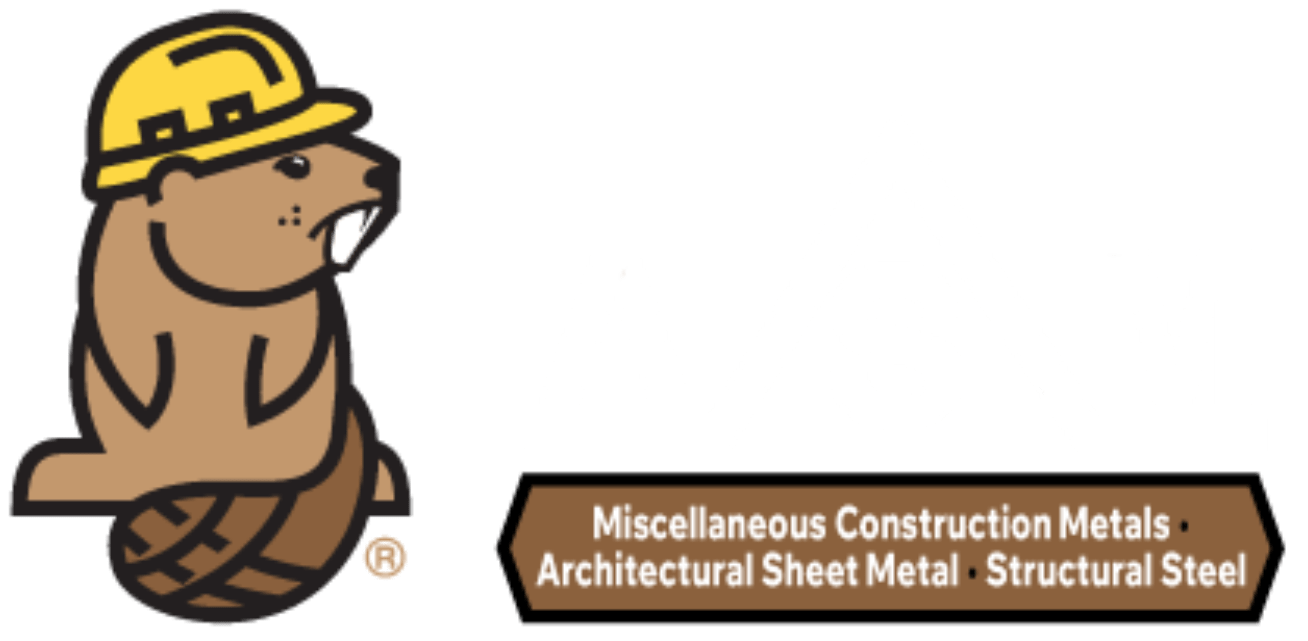
Industrial Metal Fabrication for Construction and Building Projects
Industrial metal fabrication is a process that involves the Construction of metal products and components for use in a variety of Industries. The process can be as simple as cutting and welding metal to create a primary product or involve complex processes such as stamping, bending, and forming. Industrial metal fabrication is used in various applications, from creating handrails and staircases to constructing Bridges and buildings.
American Sheet Metal specialize in Industrial metal fabrication and often work with architects and engineers to create custom products for specific projects. In many cases, the fabrication begins with detailed plans and drawings showing exactly how the finished product should look. Once the plans are approved, the fabricators will Cut, weld, and shape the metals into the desired shape. The Final step in the process is usually a finish coat that gives the product its final appearance.
Innovative Materials in Industrial Metal Fabrication:
The Industrial metal fabrication industry is constantly evolving and Innovating. New materials are constantly being developed and introduced to help Improve the quality and performance of metal products. Some of the most promising new materials for Industrial metal fabrication include titanium, nickel alloys, and aluminum alloys.
Titanium is a solid and Lightweight material that offers excellent corrosion resistance. It is often used in aerospace and medical applications where weight and strength are critical factors. Nickel alloys are another type of material that is often used in Industrial metal fabrication. They offer Superior strength, hardness, and wear resistance compared to other metals. Aluminum alloys are also Frequently used in Industrial metal fabrication. They are lightweight yet strong, making them ideal for various applications.
With the advent of new materials, the possibilities for Industrial metal fabrication are endless. These innovative materials can help improve the quality and performance of metal products, opening up new possibilities for businesses and consumers alike.
How to Ensure Quality in Industrial Metal Fabrication?
You can do a few key things to ensure quality in industrial metal fabrication. First, make sure you have a qualified and experienced team in place. They should be able to handle the project from start to finish and be familiar with all the steps involved. Second, use high-quality materials that meet or exceed industry standards.
Third, pay close attention to detail throughout the process, from design to execution. And finally, take your time – shortcuts will only lead to problems. By following these simple tips, you can be confident that your next industrial metal fabrication project will succeed.
The Safety aspects of Industrial Metal Fabrication:
The safety aspects of Industrial metal fabrication are fundamental. Many potential hazards are involved in the process, from exposure to harmful chemicals to possible Injuries from sharp tools. That’s why taking the time to Learn about the safety precautions that need to be taken before starting any project is essential.
One of the most important things to remember is that protective gear must always be worn. This includes gloves, eye protection, and respiratory protection if you work with airborne particles. It’s also vital to ensure your work area is well-ventilated, as fumes from soldering or welding can be hazardous.
Another critical safety consideration is keeping track of your tools. Make sure that power tools are properly grounded, and always unplug them when they’re not in use. Keep an eye on sharp tools so they don’t become a hazard and always dispose of any hazardous materials properly.
Industrial Metal Fabrication for Commercial Buildings:
Industrial metal fabrication creates various products for commercial buildings such as office complexes, retail stores, hotels, and restaurants. Common examples of metal fabricated products for commercial buildings include HVAC ductwork, structural steel components, curtain walls, store fixtures, and security grilles. Working with an experienced metal fabricator ensures that your project will receive high-quality materials and expert craftsmanship.
There are also benefits to using industrial metal fabrication for commercial buildings. Metal is a highly durable material that can withstand a lot of wear and tear. It is also fire-resistant and termite-proof, making it ideal for commercial buildings. Metal fabrication also allows for a lot of flexibility in terms of design since there are virtually no limits to what can be created with it. When done correctly, industrial metal fabrication can result in a beautiful and long-lasting commercial building that will serve its purpose well for many years.
The Future of Industrial Metal Fabrication for Construction and Building Project:
The future of Industrial metal fabrication for construction and Building projects looks promising. Several new technologies and processes have been developed recently to Improve productivity and efficiency while reducing costs. One such technology is Laser cutting, which can quickly and accurately cut metal parts to the desired shape.
Another exciting development is the use of 3D printing in metal fabrication. This technology is still in its early stages but has already shown much promise. With 3D printing, you can create highly customized metal parts with incredible precision. This could revolutionize the construction industry, making it possible to create much more complex structures than ever before.
Finally, robotic welding is another area with significant advancements in recent years. This technology can improve accuracy and consistency while also Increasing productivity. As these and other technologies develop, industrial metal fabrication will likely become more efficient and cost-effective. Overall, the future of industrial metal fabrication looks very bright. With new technologies constantly emerging, this field has endless opportunities for growth and innovation.
